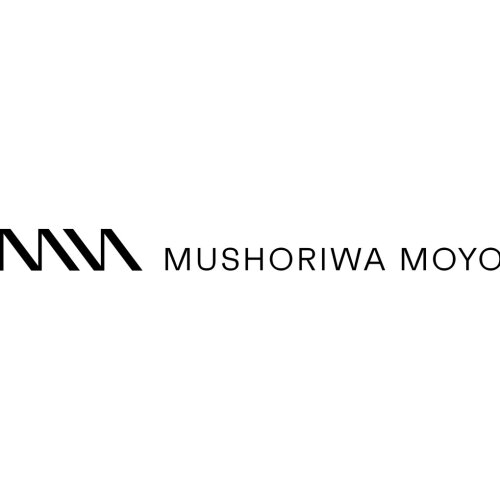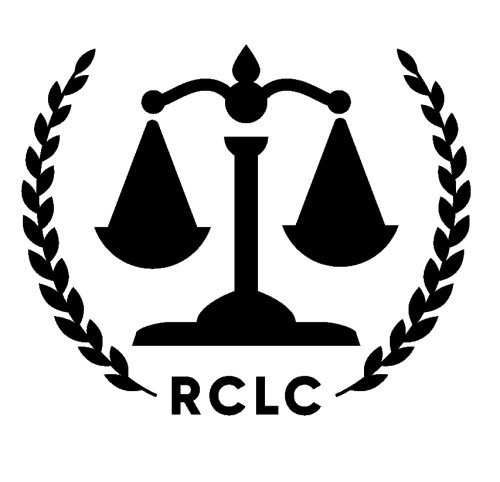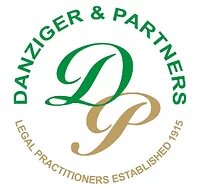Best Employment Rights Lawyers in Zimbabwe
Share your needs with us, get contacted by law firms.
Free. Takes 2 min.
Or refine your search by selecting a city:
List of the best lawyers in Zimbabwe
About Employment Rights Law in Zimbabwe
Employment rights law in Zimbabwe is governed by various statutes and common law principles. These rights are designed to protect employees in their employment relationships with employers, ensuring fair treatment, appropriate remuneration, and safe working conditions. Key legislative acts include the Labour Act, which establishes a framework for fair labor practices and dispute resolution, ensuring that employees' rights to non-discrimination, fair wages, and safe working environments are upheld.
Why You May Need a Lawyer
Individuals may require legal assistance in employment rights for numerous reasons. Common situations include instances of unfair dismissal, discrimination, harassment at the workplace, disputes over wages or benefits, and issues related to employment contracts. A lawyer specializing in employment rights can provide expert advice, represent you in disputes, and ensure that your rights are protected under the law.
Local Laws Overview
Several key aspects of Zimbabwean laws are pertinent to employment rights:
- Labour Act: This act outlines fundamental employment contracts, the rights and duties of employers and employees, and procedures for handling disputes.
- Non-Discrimination: The law prohibits any form of discrimination based on race, gender, religion, or political affiliation in the workplace.
- Minimum Wages and Working Conditions: Specific sectors have set minimum wages and conditions that must be adhered to by employers.
- Health and Safety Regulations: Ensures that employers maintain a safe working environment to prevent workplace injuries and illnesses.
- Social Security and Benefits: Includes regulations regarding pensions, health benefits, and compensation for workplace injuries.
Frequently Asked Questions
What is the minimum wage in Zimbabwe?
The minimum wage varies by industry and is periodically reviewed by the government. It's essential to refer to the latest government announcements or consult a legal expert for current figures.
How can I report unfair dismissal?
You can file a complaint with the Labour Court or approach the Ministry of Labour and Social Welfare for mediation and dispute resolution services.
What steps should I take if I experience workplace discrimination?
Document the incidents and seek legal counsel immediately. You may also report the issue to your company's HR department or the Labour Ministry.
Am I entitled to sick leave?
Yes, employees are entitled to sick leave as outlined under the Labour Act, which specifies the conditions and duration based on employment status and tenure.
How can I challenge a wrongful termination?
Begin by reviewing your employment contract and gathering any relevant evidence. Consult an employment lawyer to initiate a complaint with the appropriate authorities.
What benefits am I entitled to as an employee in Zimbabwe?
Benefits typically include minimum wages, overtime pay, leave entitlements, and contributions to social security funds.
Can my employer change my employment terms without my consent?
No, any changes to employment terms should be mutually agreed upon by both parties, preferably documented in writing.
How are labor disputes resolved in Zimbabwe?
Disputes can be addressed through arbitration, mediation via the Ministry of Labour, or by taking the matter to the Labour Court for adjudication.
What is the standard workweek duration in Zimbabwe?
The standard workweek is typically 40-45 hours, depending on the industry, with any additional hours classified as overtime and compensated accordingly.
Is it mandatory to have a written employment contract?
While it is not always mandatory, having a written employment contract is highly recommended to clearly outline the terms and conditions of employment.
Additional Resources
Several organizations and governmental bodies offer resources and assistance regarding employment rights:
- Ministry of Labour and Social Welfare: Provides oversight and resolves labor-related disputes.
- Zimbabwe Congress of Trade Unions (ZCTU): An umbrella organization representing various trade unions and advocating for workers' rights.
- Legal Resources Foundation: Provides legal advice and resources for individuals needing assistance with employment law matters.
- Labour Court: The judiciary body responsible for handling employment disputes and appeals.
Next Steps
If you believe your employment rights have been violated or need legal advice about your situation, consider the following steps:
- Gather all relevant documents related to your employment and the issue at hand, such as contracts, communications, and any evidence of the employment practice in question.
- Consult with an experienced employment lawyer to evaluate your situation and provide guidance on the best course of action.
- Explore mediation options provided by the Ministry of Labour as a potential alternative to litigation.
- Should mediation fail, prepare to take your case to the Labour Court for resolution.
- Keep updated on local employment laws and rights to empower yourself and safeguard against future issues.
Lawzana helps you find the best lawyers and law firms in Zimbabwe through a curated and pre-screened list of qualified legal professionals. Our platform offers rankings and detailed profiles of attorneys and law firms, allowing you to compare based on practice areas, including Employment Rights, experience, and client feedback.
Each profile includes a description of the firm's areas of practice, client reviews, team members and partners, year of establishment, spoken languages, office locations, contact information, social media presence, and any published articles or resources. Most firms on our platform speak English and are experienced in both local and international legal matters.
Get a quote from top-rated law firms in Zimbabwe — quickly, securely, and without unnecessary hassle.
Disclaimer:
The information provided on this page is for general informational purposes only and does not constitute legal advice. While we strive to ensure the accuracy and relevance of the content, legal information may change over time, and interpretations of the law can vary. You should always consult with a qualified legal professional for advice specific to your situation.
We disclaim all liability for actions taken or not taken based on the content of this page. If you believe any information is incorrect or outdated, please contact us, and we will review and update it where appropriate.
Browse employment rights law firms by city in Zimbabwe
Refine your search by selecting a city.
















